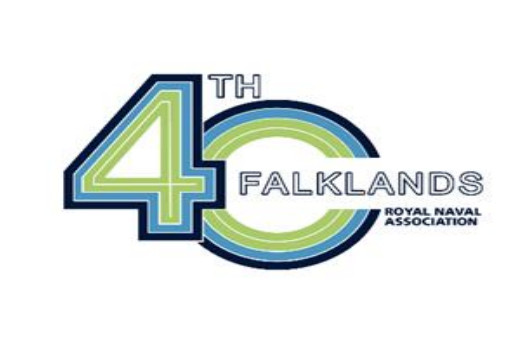American Secretary of State Al Haig continued his gruelling programme of transatlantic shuttles as he jetted in and out of London, Buenos Aires and Washington DC seeking common ground between the UK and Argentina.
Haig – who had retired from the US Army as a general in 1979 after 32 years of service, the final five of which were in the role of Supreme Allied Commander Europe – had spent 9-10 April in Argentina, and by Tuesday 13 April 1982 he was finishing further talks in London as he prepared to head back to Washington DC.
But Haig was finding the going tough – the gap between the two nations was proving too wide to bridge as the two sets of demands were incompatible; Argentina was not prepared to withdraw the invading forces, and the UK could not allow the troops to remain on UK territory.
And while European nations had rallied round the UK, perhaps to a greater degree than the British had anticipated, imposing stringent sanctions on Argentina, the Organization of American States (OAS) was not surprisingly seeing the developing situation in the South Atlantic from a rather different perspective.
The OAS, dedicated to maintaining and strengthening inter-American peace and security, passed Resolution 359 on 13 April, urging the British “immediately to cease the hostilities” in the region, Argentina “likewise to refrain from taking any action that may exacerbate the situation”, urging the two governments to “call a truce” allowing a return to peaceful negotiations “taking into account the rights of sovereignty of the Republic of Argentina over the Malvinas Islands and the interests of the islanders”, and top offer support to initiatives that would end the deadlock.
The resolution also deplored “the adoption by members of the European Economic Community and other states of coercive measures of an economic and political nature, which are prejudicial to the Argentine nation and to urge them to lift those measures” as they were not covered by UN Security Council Resolution 502 and ran counter to global trade agreements.
Other than the ships already on passage towards Ascension, the Falklands or South Georgia, 13 April was a relatively quiet day on the maritime front.
Just setting out on her long journey south from Portsmouth on that Tuesday was ocean tug Yorkshireman, like her sisters Irishman and Salvageman a part of the Humber-based United Towing organisation.
* These posts can only give a brief sense of what was a complex and fast-moving situation 40 years ago, and cannot cover the involvement of every ship, squadron and unit in detail – for a much more comprehensive account see naval-history.net at https://www.naval-history.net/NAVAL1982FALKLANDS.htm
